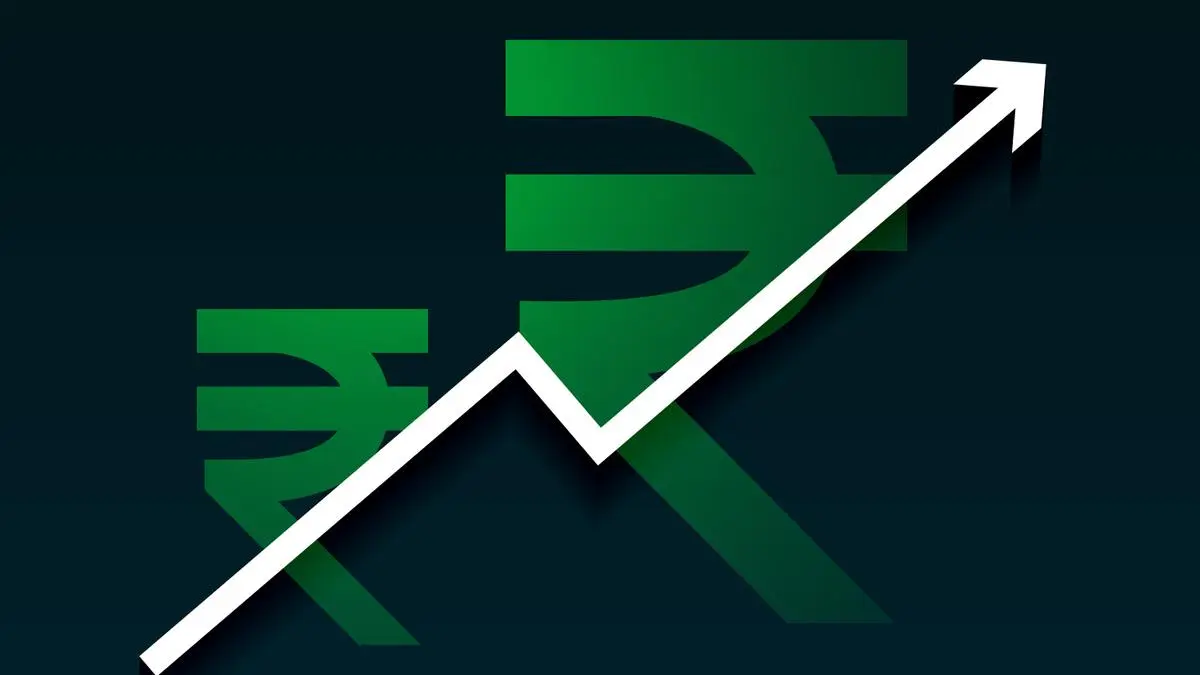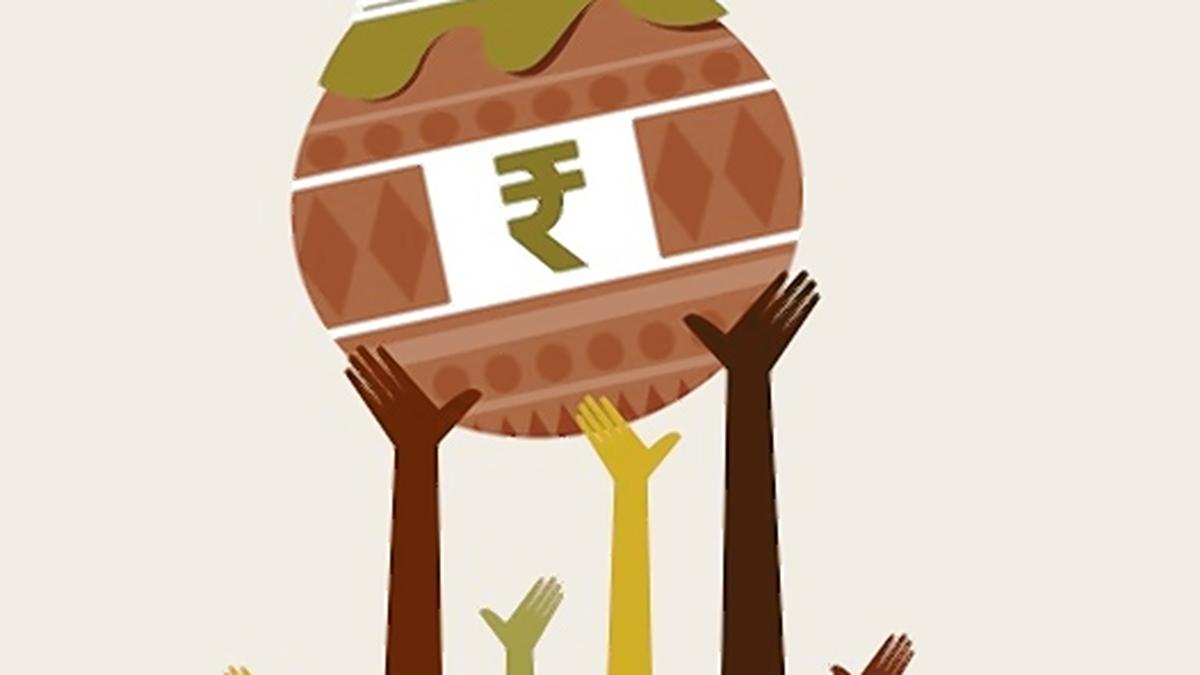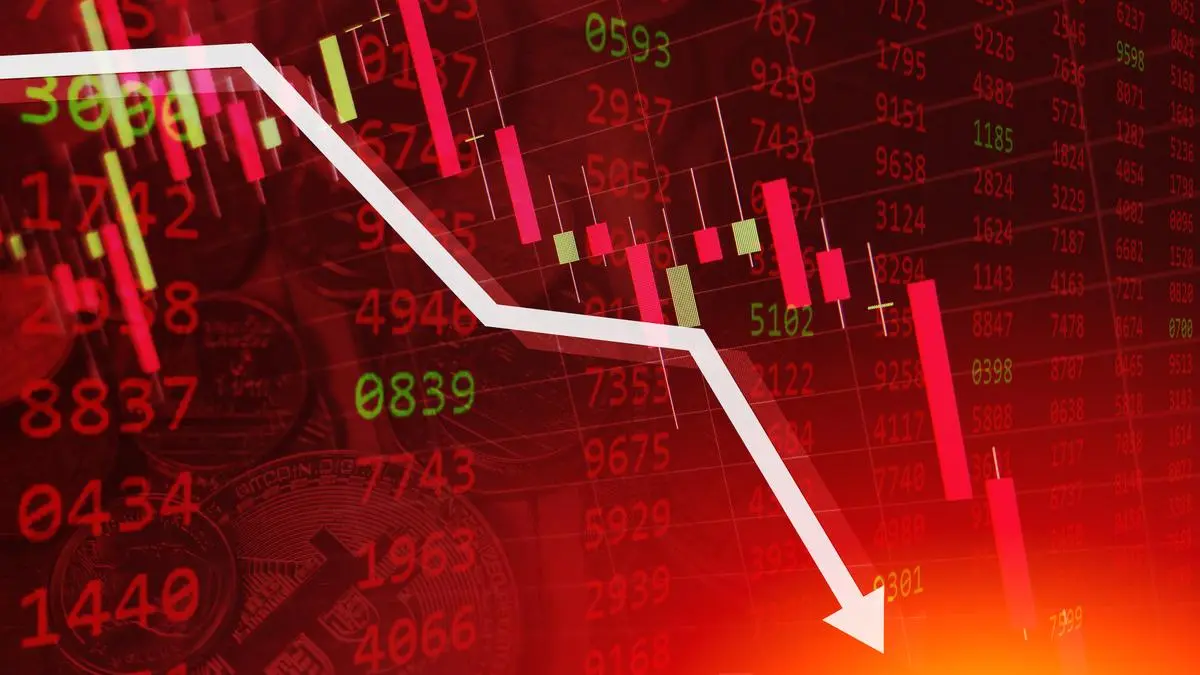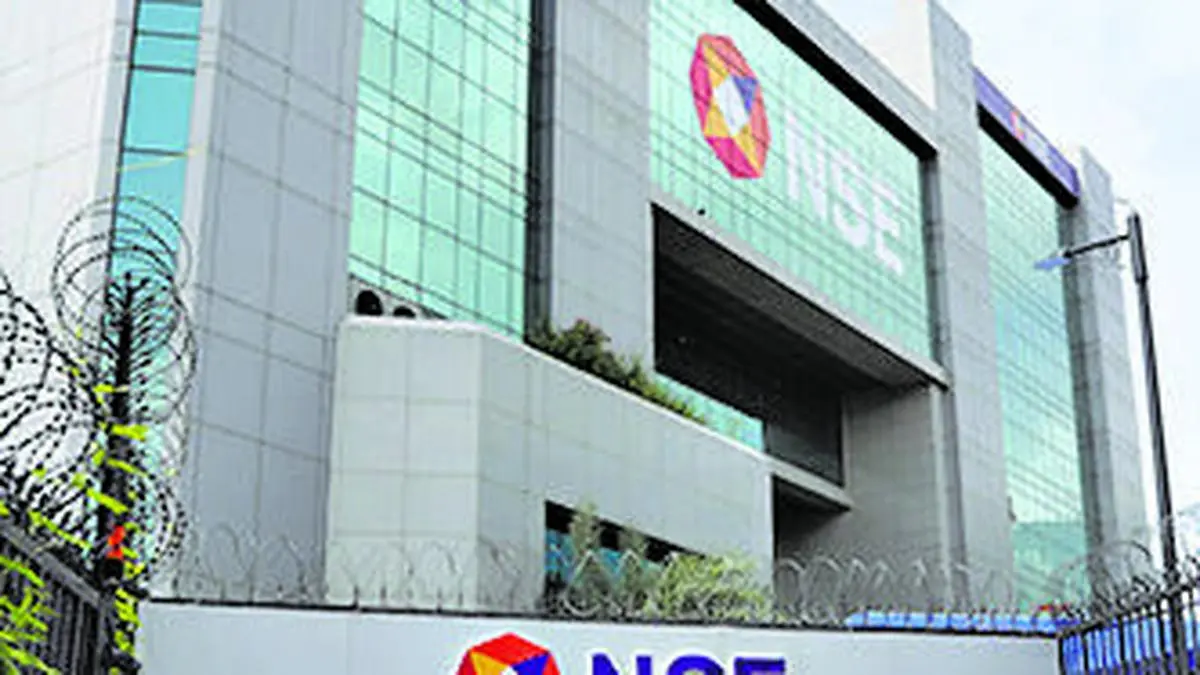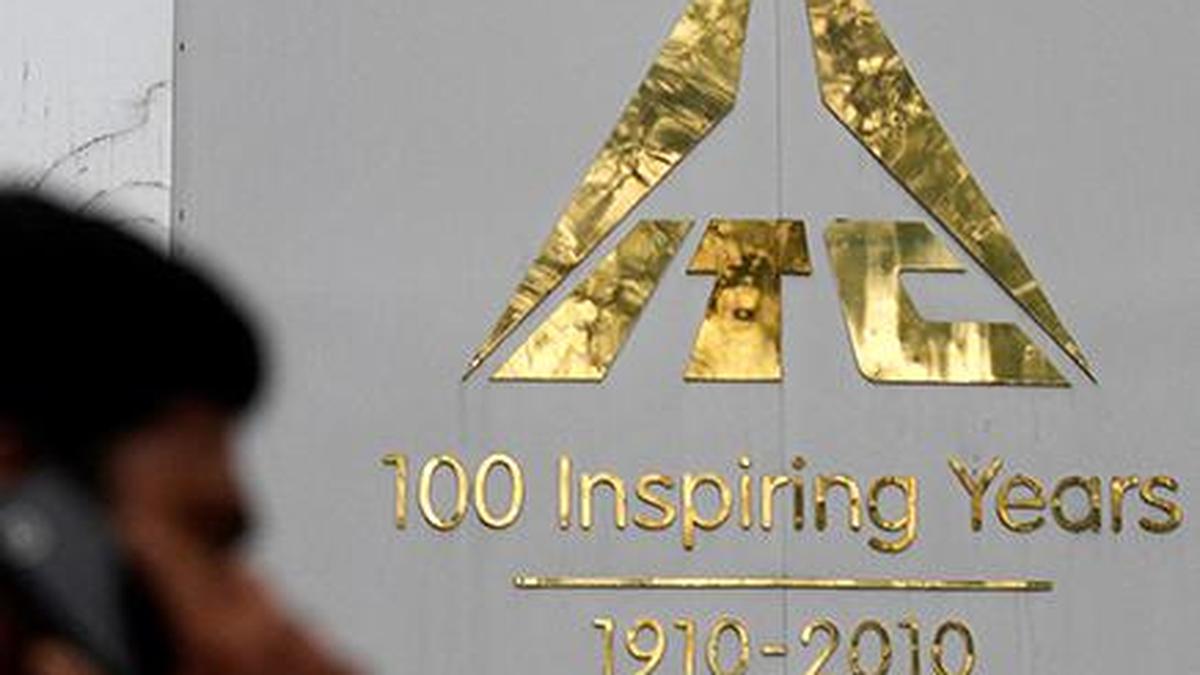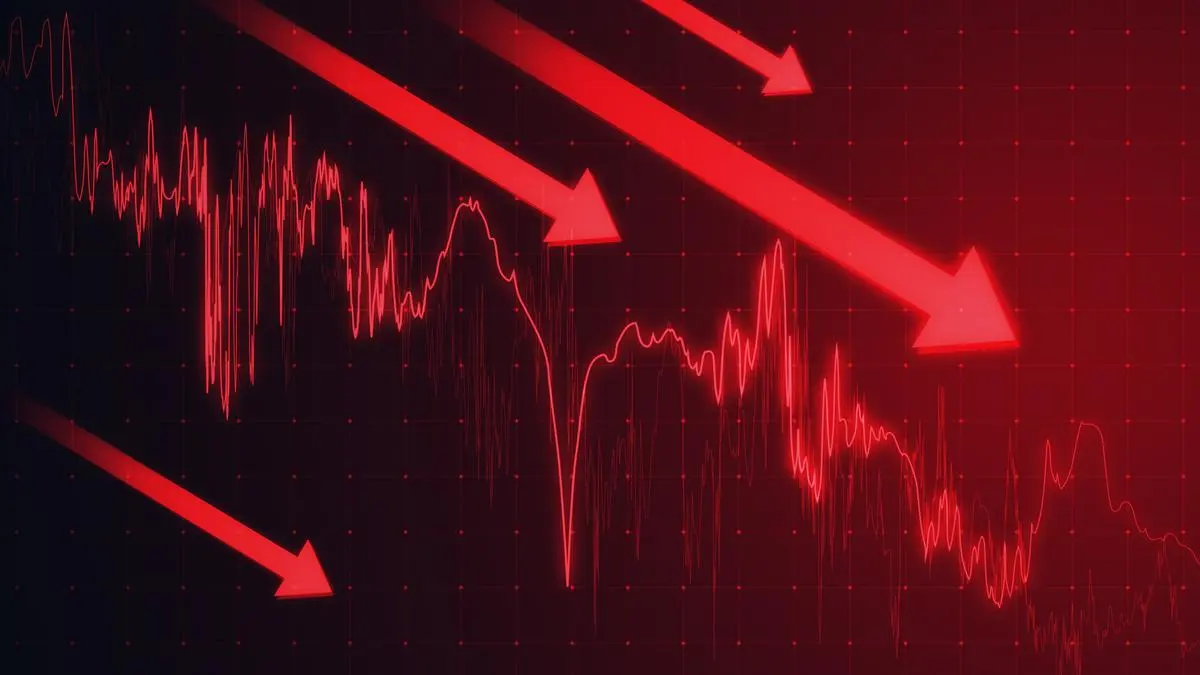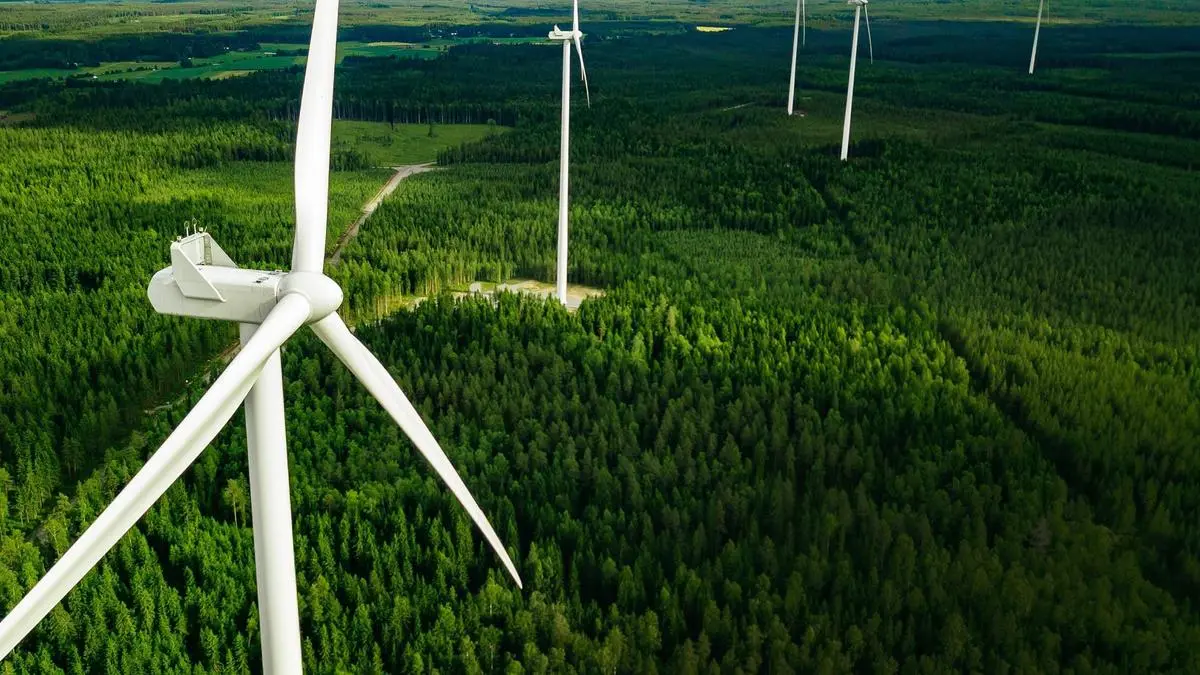FOREX
Elon Musk blasts Trump tax bill as budget-busting ‘abomination’
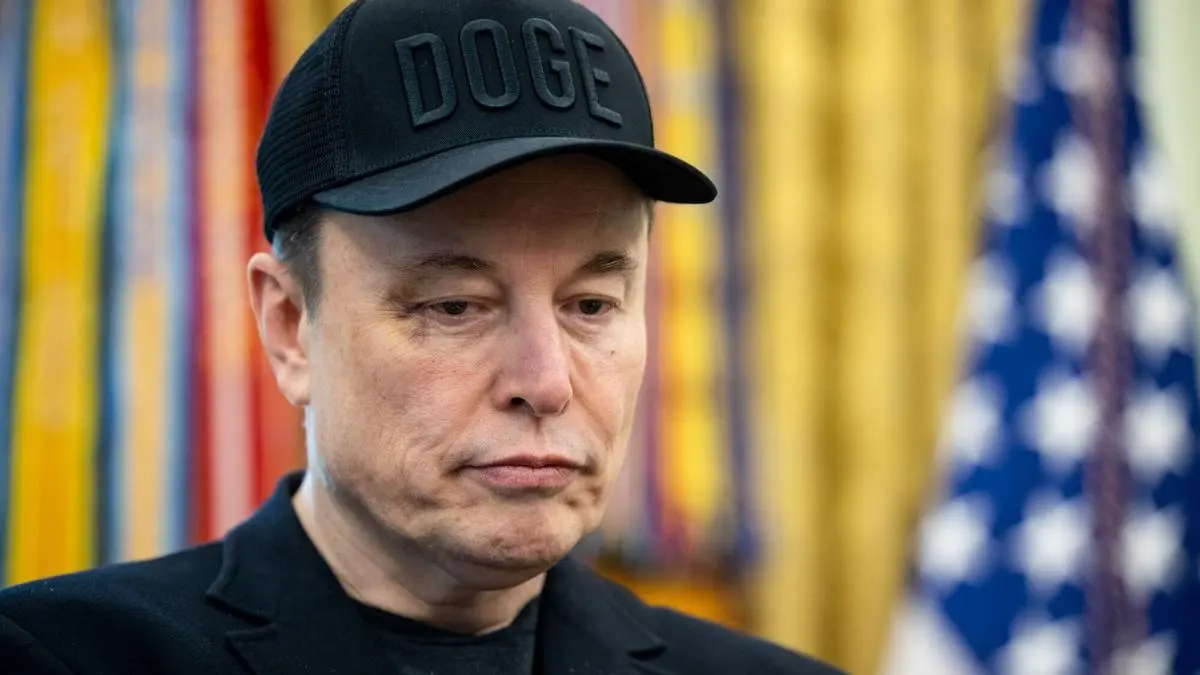
Donald Trump ally Elon Musk lambasted the president’s signature tax bill as a budget-busting “abomination” as Republican fiscal hawks stepped up criticism of the massive fiscal package.
The tech titan’s public condemnation pits him against the president at a critical time as Trump is personally lobbying holdouts on the bill. The remarks could stiffen resistance and delay enactment of the tax cuts and debt ceiling increase.
“This massive, outrageous, pork-filled Congressional spending bill is a disgusting abomination,” Musk wrote in a social media post. “Shame on those who voted for it.”
Musk attacked the legislation days after leaving a temporary assignment leading the administration’s Department of Government Efficiency initiative to cut federal spending. The Tesla Inc. chief executive officer’s high-profile role in the Trump administration eroded his business brand and sales of his company’s electric vehicles plunged.
White House Press Secretary Karoline Leavitt brushed aside the criticism.
“The President already knows where Elon Musk stood on this bill. It doesn’t change the president’s opinion. This is one big, beautiful bill and he’s sticking to it,” she told reporters on Tuesday.
One Republican fiscal hawk, Senator Mike Lee of Utah, appeared to endorse Musk’s criticism, highlighting the risk that the tech leader’s public stance will complicate passage.
“The Senate must make this bill better,” Lee said in a response to Musk’s post.
House Speaker Mike Johnson called Musk’s criticism “very disappointing.” Treasury Secretary Scott Bessent backed the legislation.
“It’s one big beautiful bill,” he said after a meeting Tuesday with Senate Majority Leader John Thune.
The House-passed tax bill is forecast to bring down federal revenue by about $4 trillion over a decade, adding about $2.5 trillion to the federal deficit over the period even with hundreds of billions of dollars in cuts to safety-net programs such as Medicaid and food stamps.
The measure also would aggressively phase out Biden-era tax breaks for electric vehicle purchases and clean energy production, changes that Tesla has criticized.
“Abruptly ending the energy tax credits would threaten America’s energy independence and the reliability of our grid,” Tesla Energy, the company’s division focused on solar systems and batteries, wrote in a social media post. The message was later signal boosted by Musk himself.
Musk also has publicly disagreed with Trump over tariffs, telling investors during a Tesla earnings call in April that he would advocate “for lower tariffs rather than higher tariffs.”
Trump attacked fiscal conservative Rand Paul earlier Tuesday as “crazy” as the president pressed reluctant Republican senators to move forward swiftly with his tax and spending package.
The Kentucky senator earlier said on CNBC that he wouldn’t vote for the president’s signature legislation because it would increase the legal US debt limit.
“I’m just not for that. That’s not conservative,” said Paul, who also has argued the tax measure would add too much to the national debt.
Trump quickly responded with a series of social media posts, saying the senator “never has any practical or constructive ideas. His ideas are actually crazy (losers!)”
Thune said the debt ceiling has to be raised and “failure is not an option.” The Treasury Department estimates the US will run out of borrowing authority in August or September.
Thune acknowledged it will take time to resolve conflicting demands from the Senate’s 53 Republicans and assemble a package acceptable to a majority of the 100-member body. All Democrats are expected to oppose the legislation.
“We’ve got to get to 51, so we’ll figure out the path forward to do that over the next couple of weeks,” Thune told reporters.
Trump plans to meet with Republican members of the Senate Finance Committee at the White House Wednesday to discuss the legislation, said people familiar with the matter.
While most outside economists have forecast the House version of the legislation would add trillions of dollars to the US debt over 10 years, the White House has claimed that the tax bill would pay for itself in part through economic growth.
Trump and Republican leaders have said they have no choice but to add the debt ceiling to the tax bill in order to ensure smooth passage and avoid a payment default as soon as August.
Paul posted a response to Trump, saying he favors the tax cuts but “I also want to see the $5 trillion in new debt removed from the bill,” adding at least three other Republican senators agreed with him, enough to block the legislation.
But other conservative bill holdouts stopped short of saying they would oppose any debt ceiling increase in the bill. Florida Senator Rick Scott said that he wants to balance the budget to avoid raising the debt ceiling in the future, but noted he voted for a budget outline allowing a debt ceiling increase. Ron Johnson of Wisconsin said he could support a smaller one-year debt ceiling increase in exchange for large spending cuts.
More stories like this are available on bloomberg.com
More Like This
Published on June 4, 2025

